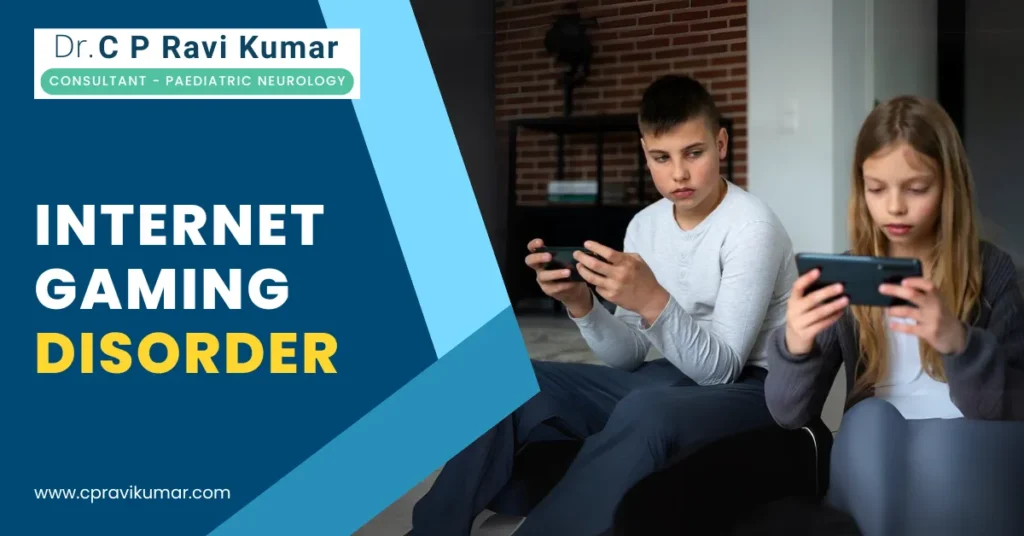
Imagine spending endless hours lost in a virtual reality, ignoring real-life responsibilities and relationships. This is the reality for individuals struggling with Internet Gaming Disorder (IGD), a serious condition characterized by excessive and compulsive video game playing.
Individuals with IGD are often disinterested in most aspects of their daily living. They are disconnected with family and friends and do not socialize. Their academic performance or professional work also gets impacted. Individuals usually tend to compromise on their physical health, do not eat well, have an inactive lifestyle and tend to have sleep deprivation. They are highly susceptible to anxiety, depression, and mental disorders.
Signs to Watch out For:
Loss of Control: One might find it increasingly difficult to limit gaming time, and are constantly thinking about gaming, even when he is not actively playing.
Prioritizing Gaming: Gaming becomes top priority, taking precedence over relationships, studies, or work.
Neglecting Self-Care: You neglect basic needs like sleep, hygiene, and healthy eating due to excessive gaming.
Tolerance: One would feel the urge to spend more and more time gaming to feel a sense of gratification and fulfillment.
Prevention and Management
- Stay Alert to Warning Signs: If gaming starts taking priority over family, school, and self-care, it may be time to step in and reassess the impact on daily life.
- Encourage Balanced Routines: Help your child build a healthy lifestyle that balances screen time with activities that promote physical and mental wellness.
- Promote Open Communication: Create a safe space for your child to discuss their gaming habits, stressors, and needs. Honest dialogue can go a long way in understanding and addressing their struggles.
- Seek Professional Support: Cognitive-Behavioral Therapy (CBT) and family therapy can be invaluable for managing IGD. Professional guidance can provide your child with tools to regain control.
- Set and Enforce Boundaries: Work with your child to set reasonable limits on gaming time, ensuring that schoolwork, sleep, and social interactions are not compromised.
- Be a Role Model: Show balanced screen use and engage in non-digital family activities. Your actions set a powerful example for healthy habits.
- Prioritize Mental Health: Be mindful of anxiety and depression, as they can exacerbate IGD. Seeking timely help for underlying mental health concerns is essential.
